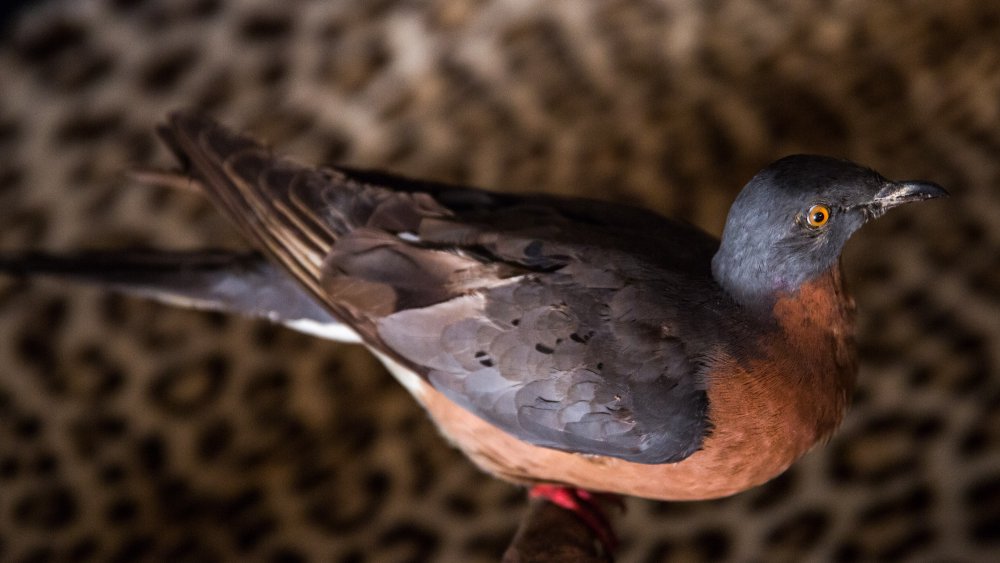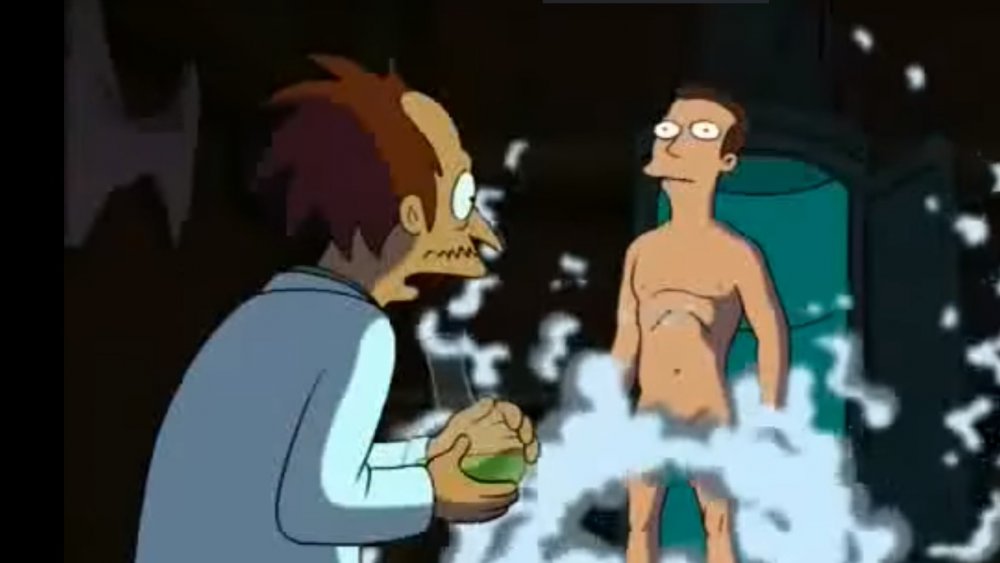The Real Reason Passenger Pigeons Went Extinct
The way Audubon describes it, there was a time not long ago when passenger pigeons swarmed the continental United States like a biblical plague. Flocking together millions strong, they would block out the sun, their flapping wings creating so much noise that you couldn't hear the guy next to you complaining that he had, like, just washed his car. Or his buggy or whatever, since it was the 1800s.
Yes, passenger pigeons were once perhaps the most multitudinous avians on the planet, numbering as many as 5 billion in their prime. But in 1914, the last known member of the species died at 29 years old in the care of the Cincinnati Zoo. Her name was Martha. Batman would have been furious.
All of this begs the question, if these creatures were numerous enough to stop the sun from shining and frighten predators through sheer strength of numbers, what could possibly have killed them all?
Get ready for a Twilight Zone-style plot twist, everybody!
It turns out it was man
Yes, it was human beings.
While native Americans definitely hunted passenger pigeons for food, the real massacre started the way so many massacres do, with the arrival of Europeans. But the real damage didn't start until the railroads started running.
Pigeon meat became a popular and inexpensive food towards the mid-1800s, right around the time that railroads and telegraph machines really took off. These facts aren't unrelated: with long-distance communication and fast, reliable transport suddenly within reach of the everyman, it was suddenly possible to inform hunters of mass bird roosts, and for the hunters to reach them relatively quickly.
The result of these factors was a frenzy of pigeon killing; sort of a gold rush where the gold could poop on you and was also delicious. The birds were easy pickings and, with the added bonus of mass deforestation hacking away at their natural habitats, their days were decidedly numbered. The world will never see their like again. It's almost coo sad for words.

